LAST DAY! ⏳ Secure top scores and your uni dream. 💡Only Rp 90,000 for 40 minutes. Offer ends MIDNIGHT!
LAST DAY! ⏳ Secure top scores and your uni dream.
💡Only Rp 90,000/hour TODAY. Offer ends MIDNIGHT!
LAST DAY! ⏳ Secure top scores and your uni dream. 💡Only Rp 90,000 for 40 minutes. Offer ends MIDNIGHT!
LAST DAY! ⏳ Secure top scores and your uni dream.
💡Only Rp 90,000/hour TODAY. Offer ends MIDNIGHT!

World-Class Education

Beautiful City and Nature

Strategic Location

Work Opportunities

Diverse Cultural Experience
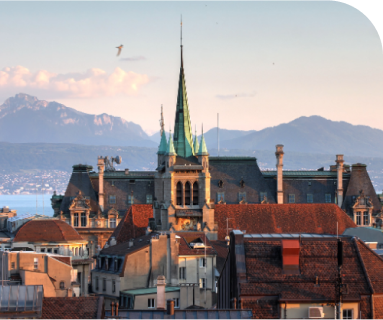
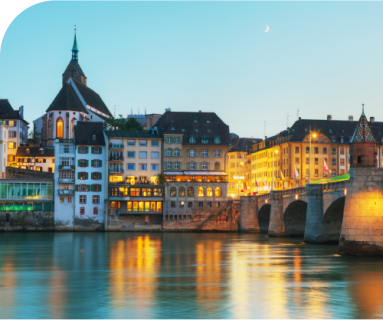
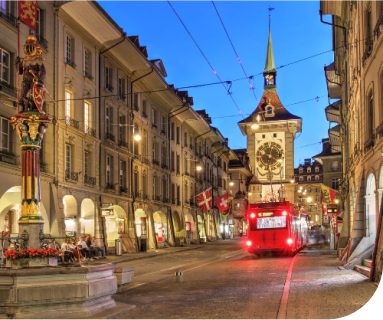
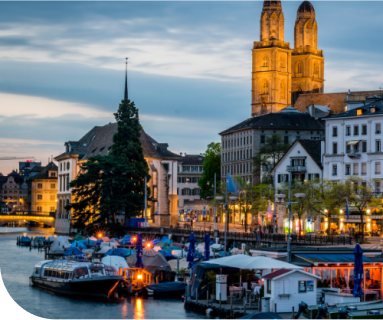
Here are some of the reasons why studying in Swiss is a good idea:
Living in Switzerland can be expensive, making budget management challenging. It’s recommended to have a monthly budget of 1.209 – 1.581 CHF for accommodation, food, transport, supplies, and leisure activities. Geneva and Zurich are known for their high living costs, requiring budgets over 1.581 CHF/month.
For the tuition fee Public and private in Swiss universities are generously funded by the government. That’s why the cost of tuition is more budget-friendly in comparison to the fees charged by universities in the UK or the US. International students who come to Switzerland on an exchange programme are exempt from paying any tuition fees.
Tuition fees at Swiss public & private universities:
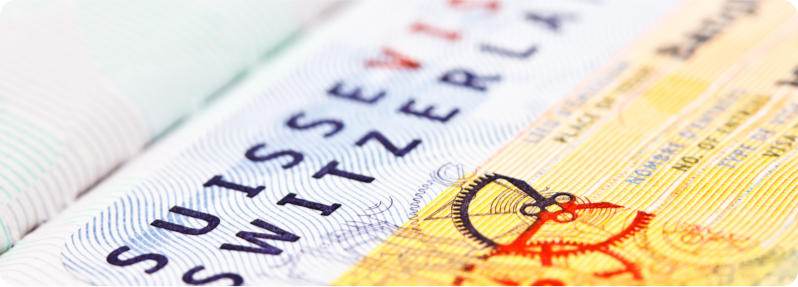
International students, regardless of their nationality, usually require a student visa to pursue their studies in Switzerland. The process requires approval from a Swiss educational institution, followed by the application for a visa at a Swiss embassy or consulate in the student’s home country. Typically, the requirements encompass providing evidence of enrollment, demonstrating financial stability to support living expenses, and ensuring health insurance coverage. It is recommended to submit your application well ahead of the desired start date, as the process can be time-consuming. It is crucial for students to thoroughly review the specific requirements and procedures with the Swiss embassy in their home country.
To apply for a student visa to study in Swiss, you’ll need the following:
Compulsory Health Insurance
Swiss health insurance is mandatory for all individuals living or working in Switzerland. International students can request exemptions by providing proof of alternative coverage. EU/EFTA students are exempt if not employed and maintain social security coverage. Students studying in Switzerland on a visa must obtain Swiss insurance.
Private Health Insurance
Foreign students can access private health insurance options, particularly Academic Care from Groupe Mutuel, Studentpass from Swisscare, and Student Care from Swica, which comply with Swiss health insurance laws.
SWICA Student Care Insurance
This insurance provides comprehensive financial coverage for international students, including pupils, university students, interns, and trainees, temporarily studying or training in Switzerland without the Federal Health Insurance Act requirement.t.

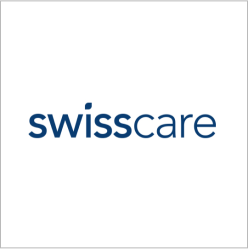

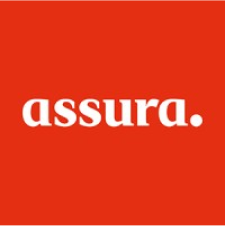
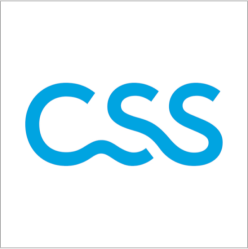
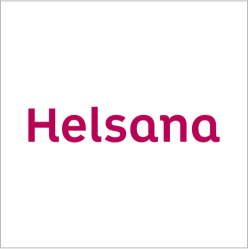
Discover the undeniable allure of health insurance in Switzerland, where it is an absolute necessity for all residents. Embrace the mandatory nature of this invaluable coverage, ensuring that every individual in this remarkable country is equipped with the essential protection they deserve. Discover the essential requirement for an extended stay in Switzerland: mandatory health insurance coverage for durations exceeding 90 days.
In order to optimize your healthcare coverage in Switzerland, it is imperative to secure a comprehensive health insurance plan.
Discover the undeniable allure of health insurance in Switzerland, where it is an absolute necessity for all residents. Embrace the mandatory nature of this invaluable coverage, ensuring that every individual in this remarkable country is equipped with the essential protection they deserve. Discover the essential requirement for an extended stay in Switzerland: mandatory health insurance coverage for durations exceeding 90 days.
In order to optimize your healthcare coverage in Switzerland, it is imperative to secure a comprehensive health insurance plan.

• IHTTI School of Hotel Management
• Swiss Hotel Management School
• Swiss Education Group

• EU Business School
• Business and Hotel Management School
• Les Roches Global Hospitality Education

• Swiss Education Group
• Les Roches Global Hospitality Education
• Glion Institute of Higher Education

• César Ritz Colleges Switzerland
• Culinary Arts Academy
• Business and Hotel Management School

• Les Roches Global Hospitality Education
• Swiss Education Group
• Glion Institute of Higher Education
| Accommodation expenses in Swiss for international students | Expenses (approx) |
|---|---|
| Shared Apartments | 700 to 1,100 CHF per month |
| Private Apartments | 1,445 to 2,077 CHF per month |
| Luxury apartments | 2,700 to 3700 CHF per month |



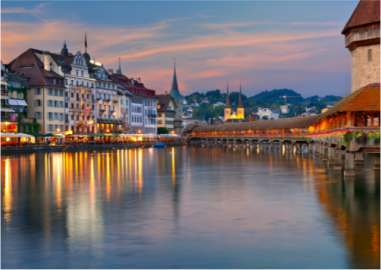
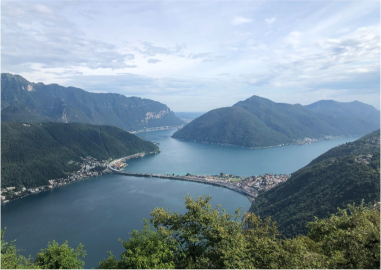
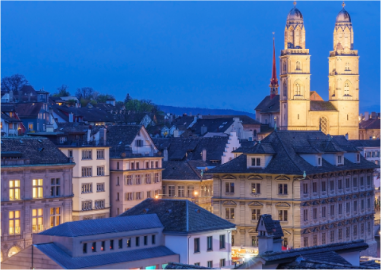

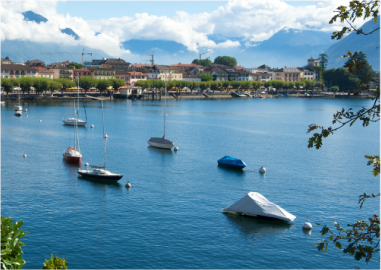

Foreign students can work up to 15 hours per week during their studies, but can work 100% during semester breaks. But before that you must inform immigration authorities and wait six months after starting their studies before starting work. As employers you must request employment verification.
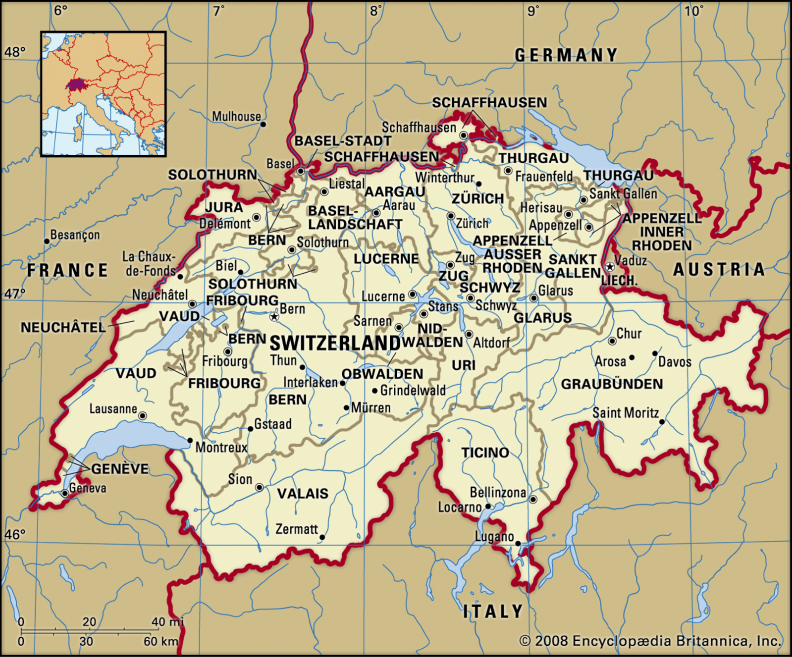
Welcome to the captivating world of Switzerland, a remarkable federated country nestled in the heart of central Europe. Discover the captivating administrative capital of Switzerland, Bern, renowned for its unrivaled charm and rich heritage. Immerse yourself in the cultural tapestry of this vibrant city, where history seamlessly blends with modernity. Additionally, Lausanne, a distinguished judicial center, offers an exquisite setting for legal proceedings, exuding sophistication and elegance. Experience the allure of these remarkable Swiss cities, each contributing its unique essence to the nation’s captivating tapestry. Discover the remarkable international significance of Switzerland, a country that defies expectations with its small size and modest population. Despite occupying an area only half the size of Scotland, Switzerland’s impact on the global stage is nothing short of extraordinary.
Switzerland, a captivating landlocked nation nestled amidst majestic mountains, boasts an awe-inspiring landscape adorned with pristine Alpine lakes, picturesque grassy valleys adorned with meticulously maintained farms and charming villages. This enchanting country also houses vibrant cities that seamlessly blend the allure of tradition with the marvels of modernity. Serving as the epicenter of the multifaceted physical and cultural geography of western Europe, Switzerland is globally acclaimed for its unparalleled natural splendor and its unique way of life. Switzerland, a country renowned for its breathtaking glacier-carved Alps, has become synonymous with both natural beauty and outdoor adventure. This picturesque destination has captured the hearts of writers, artists, photographers, and sports enthusiasts alike, drawing visitors from all corners of the globe.
Switzerland, situated in central Europe, is divided into three distinct geographical regions, including the Alps, which cover 58% of the country’s land area. The Central Plateau covers 31% of the country, while the Jura region covers 11%. The country has 49 mountain peaks that reach heights of 4,000 meters or more. Despite its mountainous nature, only a small portion of the population resides in these areas. Approximately 8% of Switzerland’s territory is covered by settlement areas, which include housing, infrastructure, water and energy supply, wastewater disposal, and green and recreational spaces. Agriculture is a significant portion of Switzerland’s land, with 36% used for this purpose. Forests and woodlands make up 30% of the country’s land, with re-growth occurring on land used as mountain pastures. Switzerland has approximately 1,500 lakes and streams, covering about 4% of its surface area. Four of Switzerland’s primary rivers, the Rhine, Rhone, Reuss, and Ticino, originate within the Gotthard massif, nestled within the Swiss Alps. Switzerland holds a 6% share of Europe’s freshwater reserves, with the Rhone, Rhine, and Inn rivers being significant European rivers.
Do’s
Don’ts

World-Class Education

Beautiful City and Nature

Strategic Location

Work Opportunities

Diverse Cultural Experience




Here are some of the reasons why studying in Swiss is a good idea:
Living in Switzerland can be expensive, making budget management challenging. It’s recommended to have a monthly budget of 1.209 – 1.581 CHF for accommodation, food, transport, supplies, and leisure activities. Geneva and Zurich are known for their high living costs, requiring budgets over 1.581 CHF/month.
For the tuition fee Public and private in Swiss universities are generously funded by the government. That’s why the cost of tuition is more budget-friendly in comparison to the fees charged by universities in the UK or the US. International students who come to Switzerland on an exchange programme are exempt from paying any tuition fees.
Tuition fees at Swiss public & private universities:

International students, regardless of their nationality, usually require a student visa to pursue their studies in Switzerland. The process requires approval from a Swiss educational institution, followed by the application for a visa at a Swiss embassy or consulate in the student’s home country. Typically, the requirements encompass providing evidence of enrollment, demonstrating financial stability to support living expenses, and ensuring health insurance coverage. It is recommended to submit your application well ahead of the desired start date, as the process can be time-consuming. It is crucial for students to thoroughly review the specific requirements and procedures with the Swiss embassy in their home country.
To apply for a student visa to study in Swiss, you’ll need the following:

• IHTTI School of Hotel Management
• Swiss Hotel Management School
• Swiss Education Group

• EU Business School
• Business and Hotel Management School
• Les Roches Global Hospitality Education

• Swiss Education Group
• Les Roches Global Hospitality Education
• Glion Institute of Higher Education

• César Ritz Colleges Switzerland
• Culinary Arts Academy
• Business and Hotel Management School

• Les Roches Global Hospitality Education
• Swiss Education Group
• Glion Institute of Higher Education
| Accommodation expenses in Swiss for international students | Expenses (approx) |
|---|---|
| Shared Apartments | 700 to 1,100 CHF per month |
| Private Apartments | 1,445 to 2,077 CHF per month |
| Luxury apartments | 2,700 to 3700 CHF per month |

Register With Gold Star Education And Talk With Our Expert Counsellor








Foreign students can work up to 15 hours per week during their studies, but can work 100% during semester breaks. But before that you must inform immigration authorities and wait six months after starting their studies before starting work. As employers you must request employment verification.

Welcome to the captivating world of Switzerland, a remarkable federated country nestled in the heart of central Europe. Discover the captivating administrative capital of Switzerland, Bern, renowned for its unrivaled charm and rich heritage. Immerse yourself in the cultural tapestry of this vibrant city, where history seamlessly blends with modernity. Additionally, Lausanne, a distinguished judicial center, offers an exquisite setting for legal proceedings, exuding sophistication and elegance. Experience the allure of these remarkable Swiss cities, each contributing its unique essence to the nation’s captivating tapestry. Discover the remarkable international significance of Switzerland, a country that defies expectations with its small size and modest population. Despite occupying an area only half the size of Scotland, Switzerland’s impact on the global stage is nothing short of extraordinary.
Switzerland, a captivating landlocked nation nestled amidst majestic mountains, boasts an awe-inspiring landscape adorned with pristine Alpine lakes, picturesque grassy valleys adorned with meticulously maintained farms and charming villages. This enchanting country also houses vibrant cities that seamlessly blend the allure of tradition with the marvels of modernity. Serving as the epicenter of the multifaceted physical and cultural geography of western Europe, Switzerland is globally acclaimed for its unparalleled natural splendor and its unique way of life. Switzerland, a country renowned for its breathtaking glacier-carved Alps, has become synonymous with both natural beauty and outdoor adventure. This picturesque destination has captured the hearts of writers, artists, photographers, and sports enthusiasts alike, drawing visitors from all corners of the globe.
Switzerland, situated in central Europe, is divided into three distinct geographical regions, including the Alps, which cover 58% of the country’s land area. The Central Plateau covers 31% of the country, while the Jura region covers 11%. The country has 49 mountain peaks that reach heights of 4,000 meters or more. Despite its mountainous nature, only a small portion of the population resides in these areas. Approximately 8% of Switzerland’s territory is covered by settlement areas, which include housing, infrastructure, water and energy supply, wastewater disposal, and green and recreational spaces. Agriculture is a significant portion of Switzerland’s land, with 36% used for this purpose. Forests and woodlands make up 30% of the country’s land, with re-growth occurring on land used as mountain pastures. Switzerland has approximately 1,500 lakes and streams, covering about 4% of its surface area. Four of Switzerland’s primary rivers, the Rhine, Rhone, Reuss, and Ticino, originate within the Gotthard massif, nestled within the Swiss Alps. Switzerland holds a 6% share of Europe’s freshwater reserves, with the Rhone, Rhine, and Inn rivers being significant European rivers.
Do’s
Don’ts
Customer Service
Customer Service

Enhance your platform experience to the fullest.
Register now and unlock a world of exclusive benefits tailored just for you.